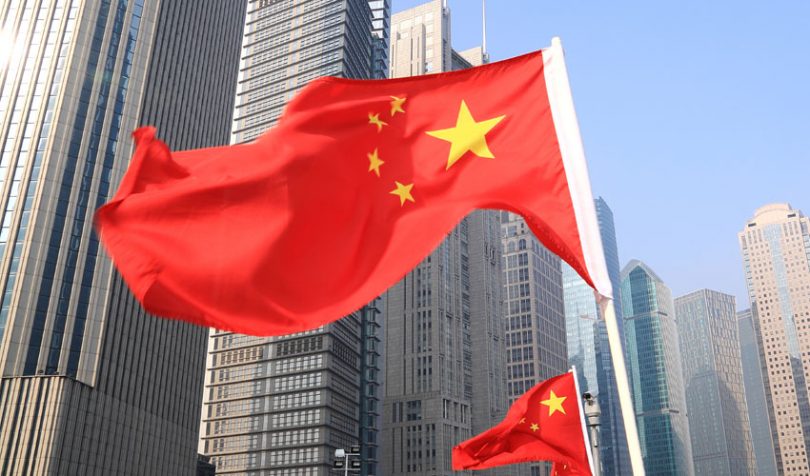Yesterday Zhou Xiaochuan, former president of the People’s Bank of China, China’s central bank, gave a talk at the 9th Caixin Summit. Zhou suggested that electronic payment systems and digital currencies can compete with each other and need not be mutually exclusive. Back in 2017 Zhou was responsible for setting up the Digital Currency Research Institute of the People’s Bank of China.
The China Securities News quotes Zhou as saying that while financial infrastructure is public, it could be created by the private sector: “Of course, the private sector must be engaged in infrastructure under the guidance and supervision of the government. It can also be done by the public sector and the private sector. But the private sector must have a public spirit to participate in the infrastructure.”
However, he warned against short-term speculation. This resulted in a crackdown against ICOs and cryptocurrencies.
The banker highlighted the potential positive impact of electronic payments and digital currencies on cross-border payments which are both inconvenient and inefficient. However, Zhou also raised the question of whether cross-border payments could impact financial stability.
Zhou envisions a tricky balance between allowing financial technology to develop but also protecting financial stability.
“In the development of financial technology, supervision should prevent the phenomenon of excessive suppression of the emergence of new technologies. At the same time, it cannot wait for the negative consequences, which would mean the whole of society pays a higher price,” said Zhou. “True balance is not achieved. Regulation requires a significant update of the knowledge structure and a certain level of talent update.”
Could this be a hint that China might lift some restrictions? According to the South China Morning Post, Huobi, one of the world’s largest cryptocurrency exchanges, created a Communist Party committee on Friday. The exchange has operated out of Singapore since the Chinese ban. However, it still has operations in China for mining pools, venture funding, and research.
Translation from Chinese may not be perfect






